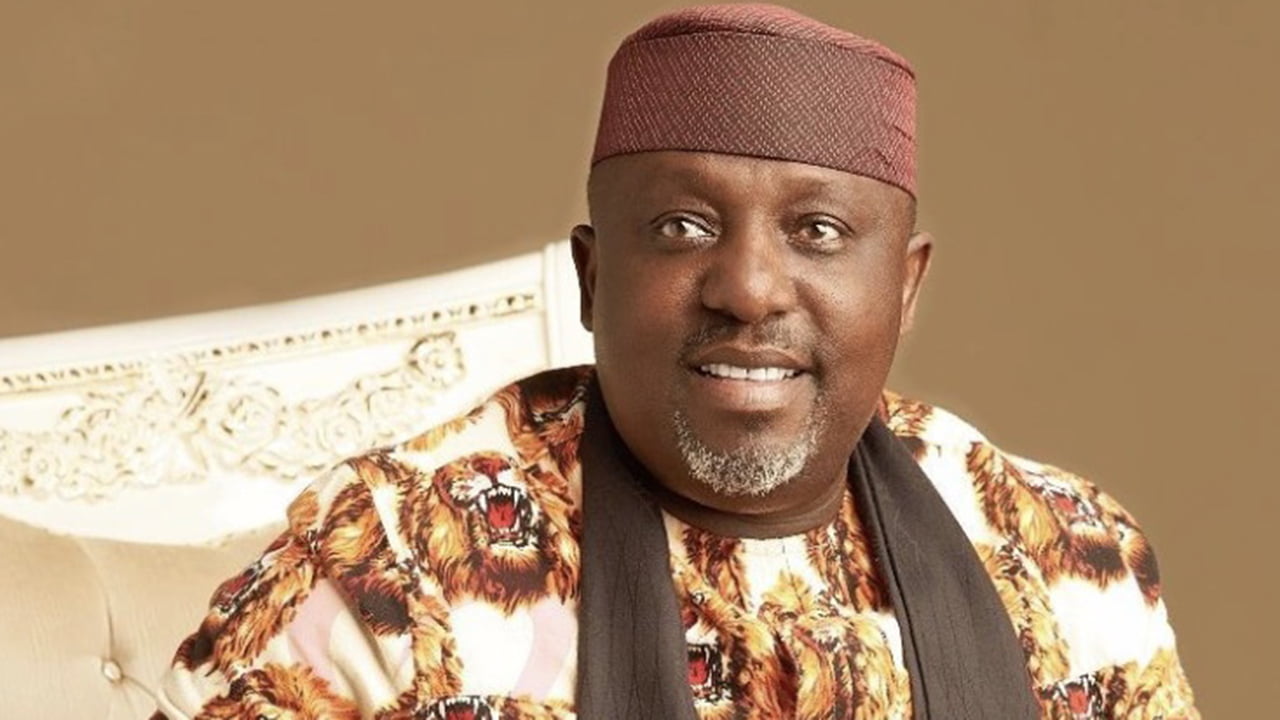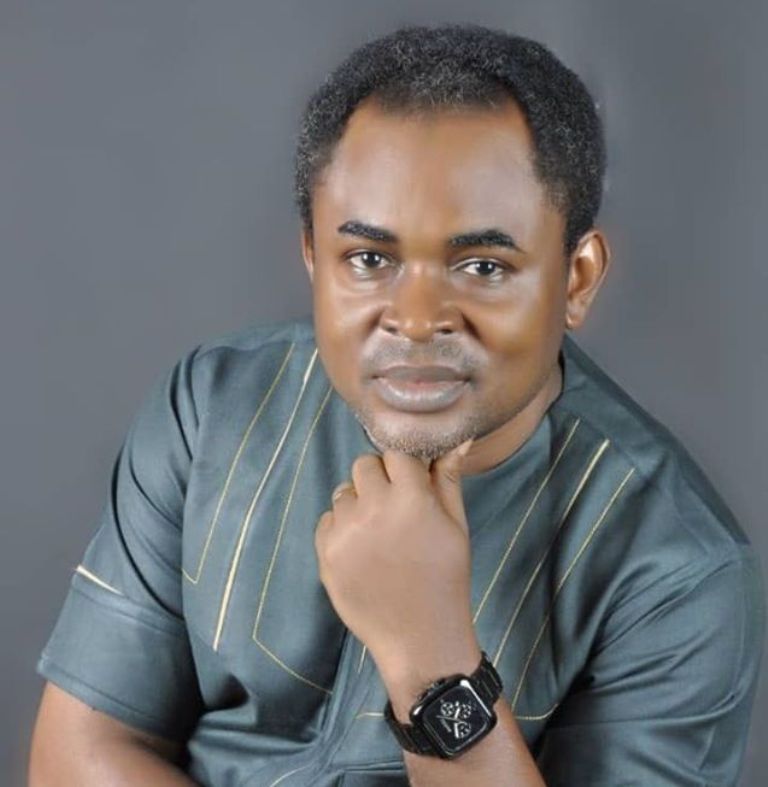
Dr. Nnamdi Ilojiuba, the National President of Institute of Safety Professionals of Nigeria (ISPON),a retired naval officer, described as a man of many parts. He is said to have, through his relentless efforts taken ISPON to an enviable height. In an exclusive chat with our reporter who cornered him for an interview shortly after the induction ceremony of ISPON which held at the Owerri study centre, located along Wethdral road Owerri, on 12th of November, 2016,he disclosed what ISPON is all about, how commuters should drive during this festive season, what qualifies its members, his achievements so far as ISPON National President and lots more.
EXCERPTS
What is ISPON all about?
Our founding fathers began this journey in 1978 and in 1980, they came up with a name called Nigeria Society of Safety Professionals. At that level it was a society and from there it metamorphosed to Nigerian Institute of Safety Professionals (NISP) then when we applied to be chartered at the National Assembly, to change it to Institute of Safety Professionals of Nigeria because according to them, there was a law that said that you cannot start your institution with Nigeria ……., it has to be institute of Safety Professionals of Nigeria.
By that Act of parliament, we became chartered and became known as Institute of Safety Professionals of Nigeria. We got chartered in 2014 on the 19th of May. Dr. Goodluck Jonathan gave assent to the bill and it became an Act of the National Assembly.
What are the aims and objectives of ISPON?
From the Act the following are the objectives;
1. To provide and organize professional training in the area of safety management, in collaboration with relevant government agencies to set standard and terms of practices and determine the knowledge and skills to be acquired by a person seeking and applying as safety professional and to improve from time to time and to do all such things that are deemed necessary.
2. To promote the advancement of safety profession in both the public and private sectors of the economy. For instance, we are collaborating with government agencies. On September 14th, we collaborated with Anambra State government to organize and execute fire and safety summit in Anambra during which the governor was present to kick start the summit.
Who are the members of ISPON and what qualifies them as ISPON members?
From the Act, a safety professional member is defined as any person qualified in an engineering discipline, professional in health sciences and environmental sciences or other sciences or specialist in a related discipline with an acceptable qualification and one who has acquired knowledge in the practice of safety management and whose name is in the register of the Institute. In view of this, you can see that safety is more of science than arts. We are looking at engineers, doctors, nurses, and other scientists, not just with academic qualifications but with an expected professional skills and knowledge. You must have been a safety practitioner to be admitted in the institution.
Though it may be flexible somewhere, that is why we have well experienced journalists, lawyers especially lawyers who are experienced in environmental law or health related law and others.
In other words, those who are not engineers or scientists but are professionals in their own fields can as well enroll in the institution?
Yes, there are exceptions. You can acquire a degree in Mass Communication for instance and by practice you have acquired certain kills and knowledge in safety management, we can admit you based on your practice and not academic qualifications.
Could you tell us your achievements so far in ISPON?
There are so many achievements. ISPON became chartered five months into my tenure. The Institute became a Chartered Institute in my time. We have Memorandum of Understanding (MOU) with many organizations and universities. We have MOU with University of Port Harcourt and we have centre for professional safety in UNIPORT. In that centre, we made it that 20% of the lecturers must come from ISPON, it is part of the understanding. We have established a centre in UNIPORT, up to Masters Degree and PhD level where ISPON professionals play a major role. Our lecturers are also playing a major role and that MOU is still standing and by the fallout of that MOU, UNIPORT has given us a hundred plots of land to build an International Safety Centre and by the grace of God, we are planning that if am re-elected, by next year January or February, we will start developing the land for the center. We have also established MOU with Federal University of Technology, Efurum where we are running other certificate programs,from diploma and post graduate diploma in occasional health and safety. We also have MOU with Lagos State Polytechnic where we are running diploma and advanced diploma. We have gone beyond Nigeria. We are also in MOU with some multi-national organizations. We are running safety courses for SPDC, Shell Petroleum Development Company of Nigeria where we train their staff and their contracting staff and we run it in levels 1, 2, and 3. Everything about safety training in Chevron Nigeria we do it. ISPON does those training for them. In 2015, we made an MOU with an international body in South Africa, Institute for the world at large safety professionals of South Africa. One of the benefits is that they agreed to be training our members. Some training will be in Nigeria and part of the training will be in South Africa. In 2015, I made it possible for ISPON to undergo MOU with medical society of safety engineers where we will have an understanding of sharing ideas and practices in the world. Though ISPON is not an employment agency but by our association with world, national companies and other establishments, we have been able to help our members to be employed in certain organizations. In my time, I have created two branches of ISPON in Anambra state and Enugu State, 2014 and 2016 respectively.
Now that you are asking for second tenure, what other programmes do you intend to initiate for ISPON?
I want to consolidate what we have started. In football, they say, you don’t change a winning team. It will not be proper that we have gotten to this height and it is handed over to people who don’t know about leadership to destroy what we have laboured for. I am confirming that I am coming out to contest, in answering to the demand of our members who desire to see me consolidate on our achievements and make Nigeria a safe heaven for all now that the Institute is chattered and by God’s grace, I hope that my people will have every reason to vote for me.
By the special grace of God I have a lot of things to offer to the Institute to consolidate what we have achieved so far.
How will you rate Nigerians impression about ISPON?
We were operating formally without law, we were only registered with Corporate Affairs Commissions and that is a society. So many people didn’t take us serious but with the development, the federal government has given us position. ISPON has become a household name, an international name, a name that everyone especially among relevant organizations in the world, want to associate with. Before the being chartered, ISPON was not rated highly but with development, ISPON is now rated highly because we could go to a company and say you can’t do this, because in the Act it is said that you cannot practice as a safety professional in Nigeria unless you are registered with ISPON and that is an authority from the Federal government and that has made it better than before when I joined.
How do you partner with FRSC to ensure accident free drive on our roads ahead of Yuletide celebration?
One of the trainings we know in ISPON is called “defensive driving” and we have been doing it. ISPON is working in collaboration with Federal Road Safety Corps (FRSC). The Corps Marshall is a fellow of ISPON. He is the Chairman of ISPON Conference that is coming up in a week’s time in Awka and is a collaborative effort. Because of the festive period, the congestion of the road and different types of road nuisance anybody driving a car must apply defensive driving. Defensive driving does not mean you will be taught how to drive, it means you will learn how to drive carefully. That is why when people are asked to go and run a defensive driving course; they will say they have been driving for 20 years or 30 years. We are teaching you journey management because in journey management, we are teaching you to start a journey and end it without any form of mistake or accident. Therefore people should drive defensively. People should drive with caution. A driver must be mindful of other drivers while driving, regard other road users as mad and see yourself as the only sane driver. And therefore you must avoid anything that will result to any form of accident or ugly incident. People must not drink and drive. If you know you want to drive, don’t drink, if you know you want to drink, don’t drive!
Drivers should check their tyres, engines and all aspect of the car before driving. Drivers should use their seat belts. Drivers should not over speed. People should note that we don’t have good roads therefore you must know when to speed and when not to speed. Even if you are speeding, you must know speed limits on a particular road.



2 Comments